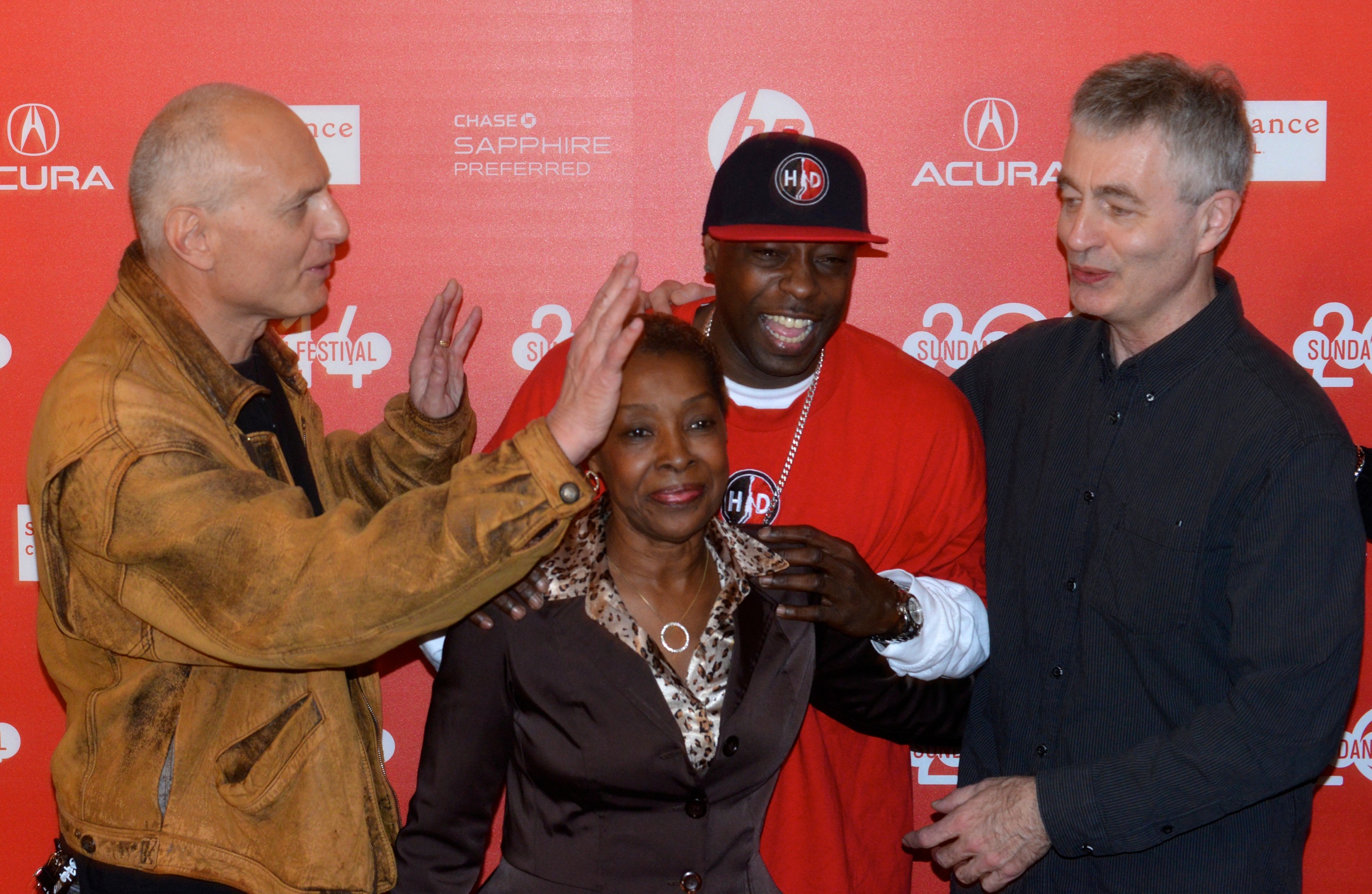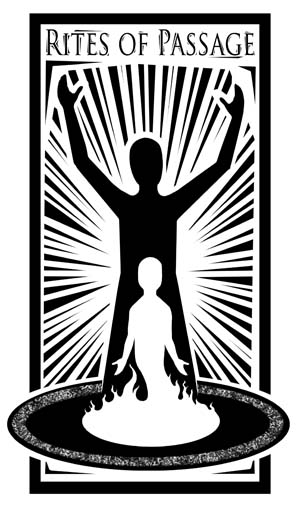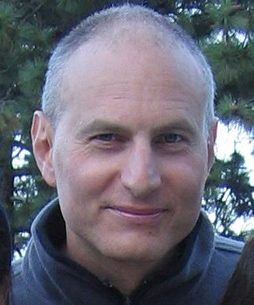Image may be NSFW.
Clik here to view. I think the greatest crime of the last two centuries has been the countless millions of children who’ve been brought into this world not taught to know their purpose in this life.
I think the greatest crime of the last two centuries has been the countless millions of children who’ve been brought into this world not taught to know their purpose in this life.
What is your life purpose or mission? What are the gifts you have to share with the world? Native Americans talk about the medicine that each individual uniquely has to offer. What is your medicine?
Mine? “I co-create a world living in truth, without despair, by fiercely loving myself and all beings.” Let’s break that down piece by piece.
“I co-create.” One of my shadows is the traditional male “go it alone” shadow, “I can do it all myself.” I call that the male disease. Going it alone is a recipe for burnout and failure. It’s important for me to remember that. God knows I’ve burned out and failed enough!
It’s important too to note that a mission should be bigger than what any one man can reasonably accomplish in his own lifetime. This is not a time for false modesty, to think small. This is a time to think big, real big. Many lifetimes big. Seven generations big. Think the cathedrals of Europe. Many men worked their entire lives on one small part of the structure and died never seeing it complete. Pride in the workmanship and holding the vision are what’s essential.
“A world living in truth.” How sweet would that be? What do I do to make it happen? Certainly my films, even the fiction ones, seek the truth about the human condition and social realities. But it’s not just about what I do, it’s who I am too. I practice speaking truth in my daily life, whether in personal or professional situations.
“Without despair.” It’s important to keep despair in front of me at all times. That’s one of my great shadows. It’s all too easy for me to throw up my hands and say “what’s the use? It’s all going to shit anyway.” Or “I’ll never succeed.” For this reason I drastically limit the amount of news I take in. How people can read/hear/watch the news every day and not want to kill themselves or someone else is beyond me.
Defining myself solely as a filmmaker is also a one way ticket to hell. Defining myself only in what I do, rather than in who I am, moment to moment. I have to consciously limit the directions my mind goes when I work: “How much money must I raise to make this next film?” It’s never enough. But if I wring my hands in despair rather than get busy raising money that’s on me. “Why doesn’t X return my phone calls?” People promise all kinds of things and fulfill very few. But if I obsess about how they can possibly be so far out of integrity rather than cut my losses and move on that’s on me. “Look at X, Y, and Z colleagues… they’re receiving far more funding than I, their film is screening in far better venues, they’re going to much nicer festivals, they’re getting better reviews…” There are plenty of filmmakers who receive far more support for their work than I. But if I focus on that and don’t marshal the tremendous resources I do have that’s on me. It’s all about resisting the lure of being the victim and challenging myself to become the man I’ve always wanted to be.
“By fiercely…” Why “fiercely?” Another of my shadows is being the nice guy, doing whatever it takes to get someone to like me. Being the “people pleaser.” So “fierce” is a good reminder to me that sometimes it’s necessary to not be liked. Being liked by the people I am with is often not a priority relative to what’s really important. To crank up the intensity, the volume, the presence, to do what’s right, what’s necessary to serve the greater good. It requires fierceness to speak up for what’s right in a world comfortable with lies and illusion. Holding firm boundaries requires fierceness. So does confronting self-righteous authorities. So does protecting loved ones from danger.
The word “fierce” also serves to remind me that life is not for the faint of heart. It’s hard. I’m not reductively Darwinian so I don’t believe “only the strong survive.” But the pain, the disappointments, the losses, the fears of life can be immense. It’s essential to develop some emotional, physical, psychological, and spiritual resilience, some fierceness of attitude and outlook to weather the storms.
“Loving myself and all beings.” Given much of the above, you might already have guessed that “loving myself” is the greater challenge here. My guess is it’s difficult for most Westerners. (Unlike many (most?) Asians for whom it’s almost unimaginable that a child would not be absolutely treasured, honored and welcomed into this world, building a healthy foundation of self-esteem.) Though it cannot be unlearned, fortunately the habits of poor self-esteem can be mitigated against. Meditation, regular exercise, men’s groups, positive affirmations, mirror work are some of the tools that have proven helpful for me. I’ve also learned to recognize what I need when I need it. So when I feel dumped on by someone, or at my wit’s end with a frustrating situation, I can reach out and ask my wife or a friend for a hug and some encouraging words.
But “loving all beings” is no small challenge either. There is a long list of people in government and a longer list of those in business who really challenge me. How do we love people that threaten us with their greed, their self-absorption, their cruelty, their ignorance, their indifference? The first step is to recognize that we don’t have to like them. Liking and loving are entirely different matters. Secondly, any person’s cruelties can be traced to their ignorance. They simply haven’t been taught any better. At a dharma, or Buddhist level, they haven’t been taught how absolutely interconnected we all are. Lastly, everyone suffers, even torturers, billionaire bankers, war-loving generals, presidents and politicians. While still adamantly opposing their destructive practices and policies, our challenge is to make room in our hearts for their own suffering.
The way I was raised made it difficult for me to accept that any rich person could possibly ever suffer. Working with rich people over the years has taught me otherwise. Not to minimize the fear that faces the 40+ million Americans who won’t eat three meals today, or the 50+ million who have no regular, sufficient medical care, but there are an awful lot of wealthy people steeped in nothing but fear over how they’re going to protect their wealth in our declining economy. Not to mention any number of myriad other problems. Christina Onassis’s suicide at 24 was a real eye opener to me in this regard.
I co-create a world living in truth, without despair, by fiercely loving myself and all beings. And you? What’s your mission?




















